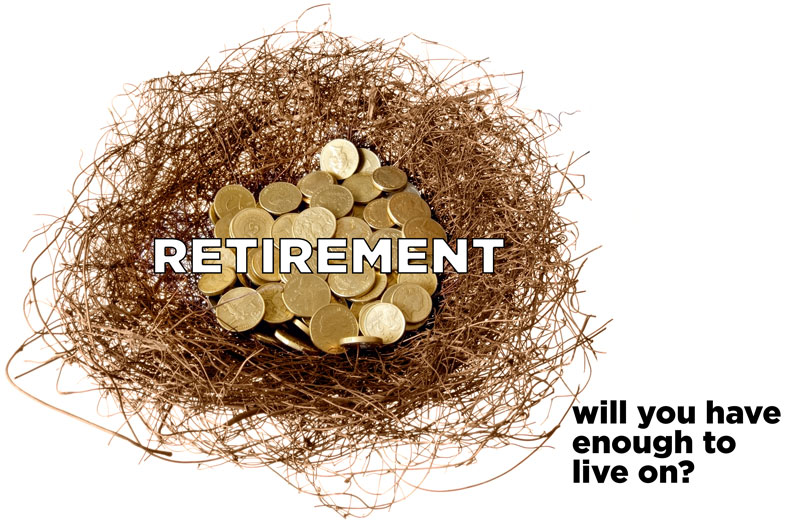To coincide with the Senate Inquiry into the economic security of women in retirement, a problem of financial hardship that affects households all over Australia, the ASU has launched a survey seeking views from our members and supporters. We encourage you to complete the survey as it will assist us to shape our submission to the Inquiry. The deadline for survey responses is Monday 19 October 2015.
 >> Fill out the ASU survey here
>> Fill out the ASU survey here
In 2015, the pay gap between men and women's earnings is approximately 18.8%. It is also estimated that women will have approximately 46.6% less superannuation than men when they retire (source Workplace Gender Equality Agency). As a result, women are also more likely to rely on the age pension than are men.
This financial insecurity does not just affect women directly, but also the households across the country that they are part of.
Women are most likely to be the ones we rely on to take time out of the workforce to care for children, sick or ageing parents and extended family without any income during those periods. By the time women reach retirement, the factors conspire to leave a considerable proportion of Australians in financial hardship and even poverty. Households must bear this burden, with women living alone most seriously impacted.
By earning less at work due to the gender pay gap, women bear a significant financial burden of inequality over their working lives.
The evidence is conclusive that the contribution that women make to the economy through unpaid work is significantly undervalued. This is despite the fact that we all benefit from this contribution.
>> The ASU is seeking your views in our survey
The ASU is currently preparing a submission to a Senate Inquiry about the economic security of women in retirement. We are considering workplace practices and policies along with legislative requirements that can contribute to fairer retirement outcomes.
We invite ASU members and supporters to participate in this survey to assist us in formulating our position to take to the Senate.
We look forward to your input about your personal experiences and views on how we can guarantee a secure retirement for all.
More information
Senate Inquiry into Economic security for women in retirement - terms of reference
Investing in care: Recognising and valuing those who care: A report by the Australian Human Rights Commission examines the impact of unpaid caring responsibilities on workforce participation and retirement incomes and savings.
Accumulating poverty? Women's experiences of inequality over the lifecycle: This issues paper from the Australian Human Rights Commission examines the problem of the gender gap in retirement savings through the lens of a woman's lifecycle.

